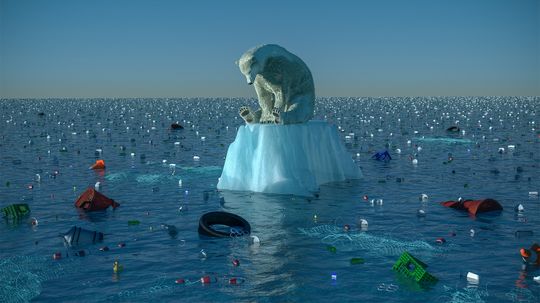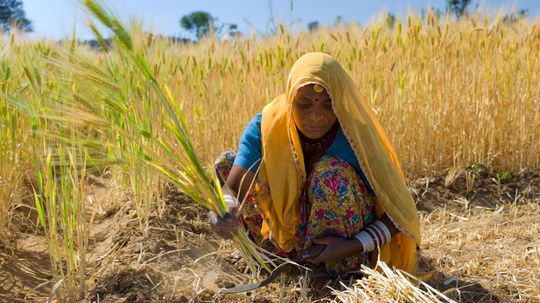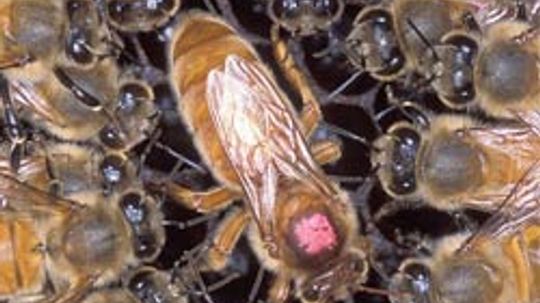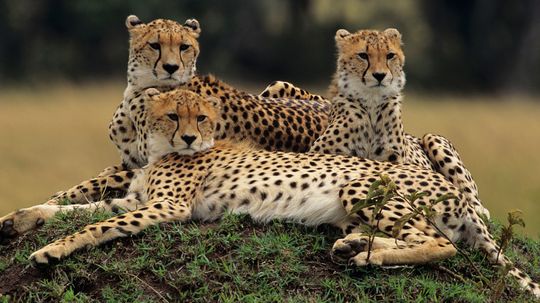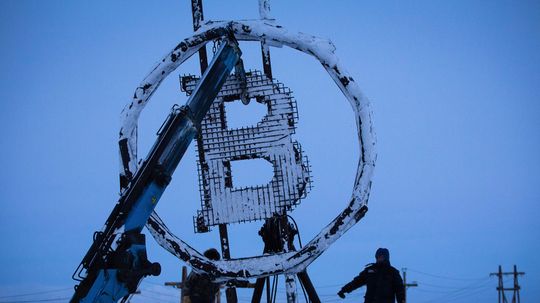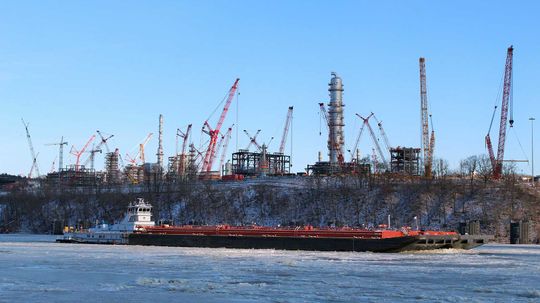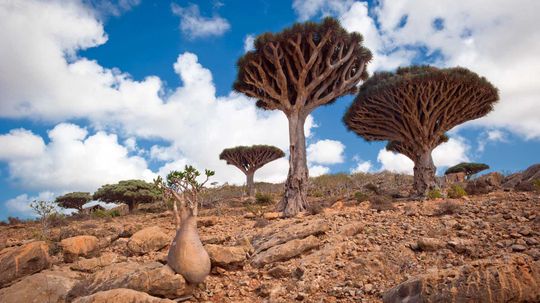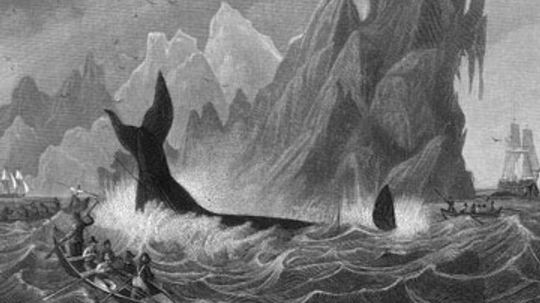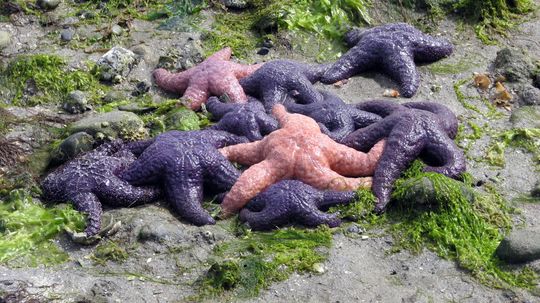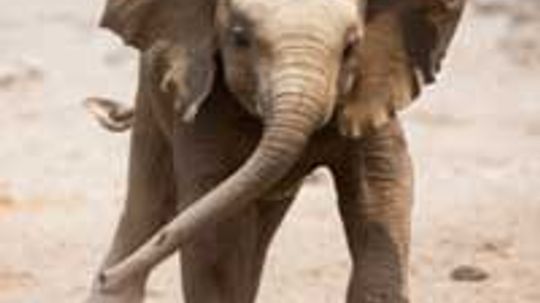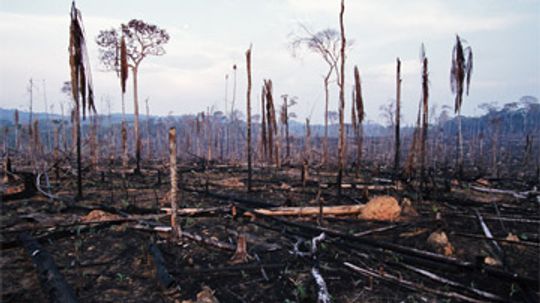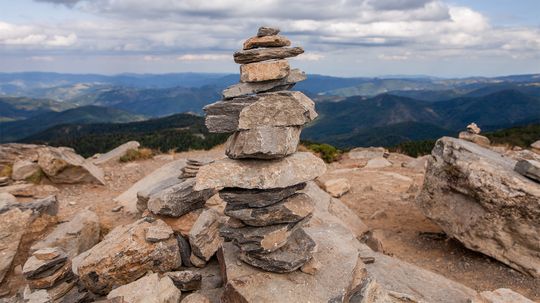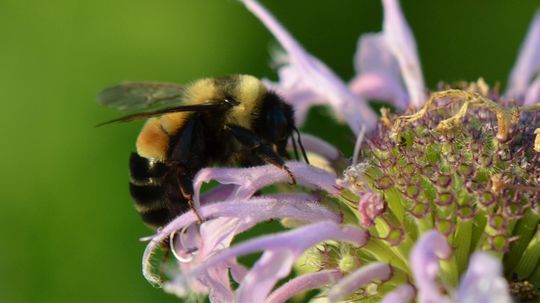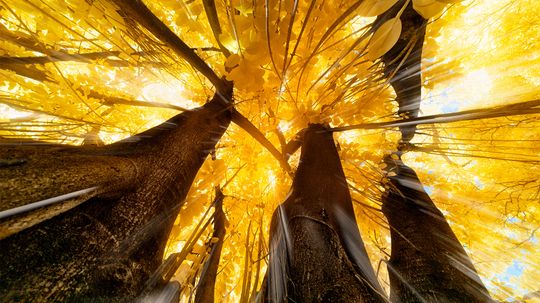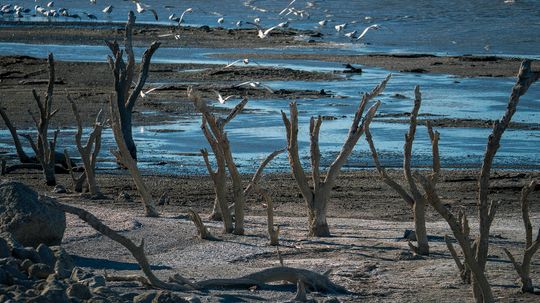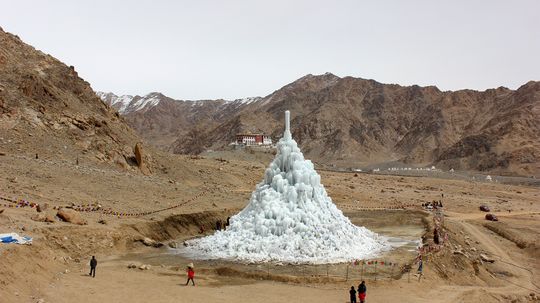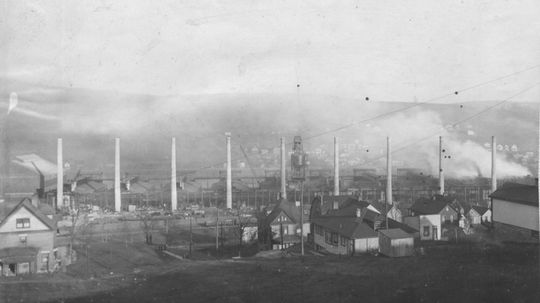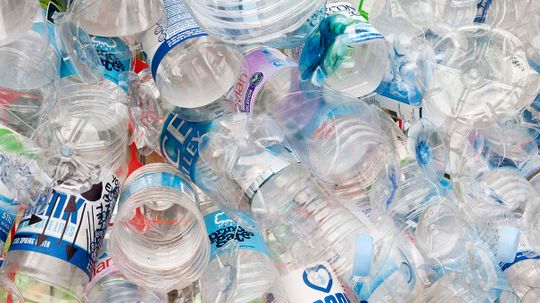Conservation Issues
Conservation issues are a growing concern for most scientists. As humans continue to consume natural resources, many organisms are headed for extinction. Conservation issues include the protection of trees, animals and wetlands.
Learn More
After 2035 it will be extremely unlikely we can stop Earth's temperature from rising enough to kick off a dangerous medley of global disasters.
With the world's population expanding and its arable land shrinking, how in the world are we going to have enough food to feed everyone? Here are five ways.
Insects and biodiversity go hand in hand. Without insects our planet would not survive as they are essential to biodiversity. Check out this gallery on the relationship between insects and biodiversity.
Advertisement
Biodiversity means rainforests and reefs teeming with species right? There's more to it than that though. Genetic diversity has a big role to play, too. Just ask that cheetah cub.
Critics warn that cryptocurrency networks, whose computers use enormous amounts of electricity to verify transactions, could be a factor in warming the planet. The industry is working to change that.
A new project aims to document the possible demise of Planet Earth due to climate change. It's called Earth's Black Box and the creators hope this will be a warning to all Earth-dwellers to take global warming seriously.
A new report released by Beyond Plastics suggests that plastics will release more greenhouse gas emissions than coal plants in the U.S. by 2030.
Advertisement
In the lead-up to U.N. Climate Change Conference, the Swedish activist talked about Biden's climate plan, the media's responsibility and what gives her hope.
This alien-looking archipelago off the coast of Yemen is teeming with plants and animals. Many species here are threatened or endangered. Can they be saved?
Men have been hunting and killing whales for centuries. Early whalers hunted for survival, but their motivation may have changed once there was money to be made. Whaling for profit has been banned since 1986, but whaling for scientific research is still allowed in certain areas, causing much debate.
Without its keystone, a Roman aqueduct collapses. Does the same travesty befall an ecosystem when a keystone species goes missing from the ecological equation?
Advertisement
If it takes $1 million a year to save the California condor, how much would it take to save every endangered species? Is it possible, and how can we save species we don't even know exist?
Our planet would be a much different place without its richly diverse ecosystems full of plants, animals and microorganisms. What poses the biggest danger to the millions of species that call Earth home?
A growing network of global activists is taking an alternative approach to saving the environment: Pushing to recognize natural ecosystems as having legal rights like humans.
It's been 51 years since the first Earth Day, and while progress has been made in some areas, humanity still has had a major impact on the planet.
Advertisement
It may seem cool to stack rocks for fun or artistic purposes but moving rocks may inadvertently threaten small mammals and insects and contribute to soil erosion.
The rusty patched bumblebee (Bombus affinis) is on the verge of extinction and the state of Minnesota is doing something about it.
Everyone loves foraging for seashells at the beach, but the true jackpot is finding a perfect unbroken sand dollar. However, taking one home may not be such a good idea.
By Alia Hoyt
Many scientists say that the response to climate change will require planting new trees. A whole lot of them.
Advertisement
The Salton Sea, California's largest inland lake, and the area that surrounds it — once hotspots for tourism and wildlife — have essentially become ghost towns. The lake's evaporation has now become a ticking ecological time bomb with real world consequences.
Ice stupas are artificial glaciers that store frozen water to be used for hydrating crops in the driest stretches of the year in the high desert of Himalaya.
By Mark Mancini
A killer smog 70 years ago helped lead to the first federal air pollution laws.
Scientists have found that chemicals in some sunscreens can cause coral bleaching, prompting the Hawaii state legislature to propose an exhaustive ban on them.
Advertisement
Plastic may be the longest-lasting legacy of human beings on this planet. But there are lots of ways, big and small, that we can all stop using it. Today.
Helium balloons are dangerous to the environment and wildlife — so why isn't releasing them illegal?
